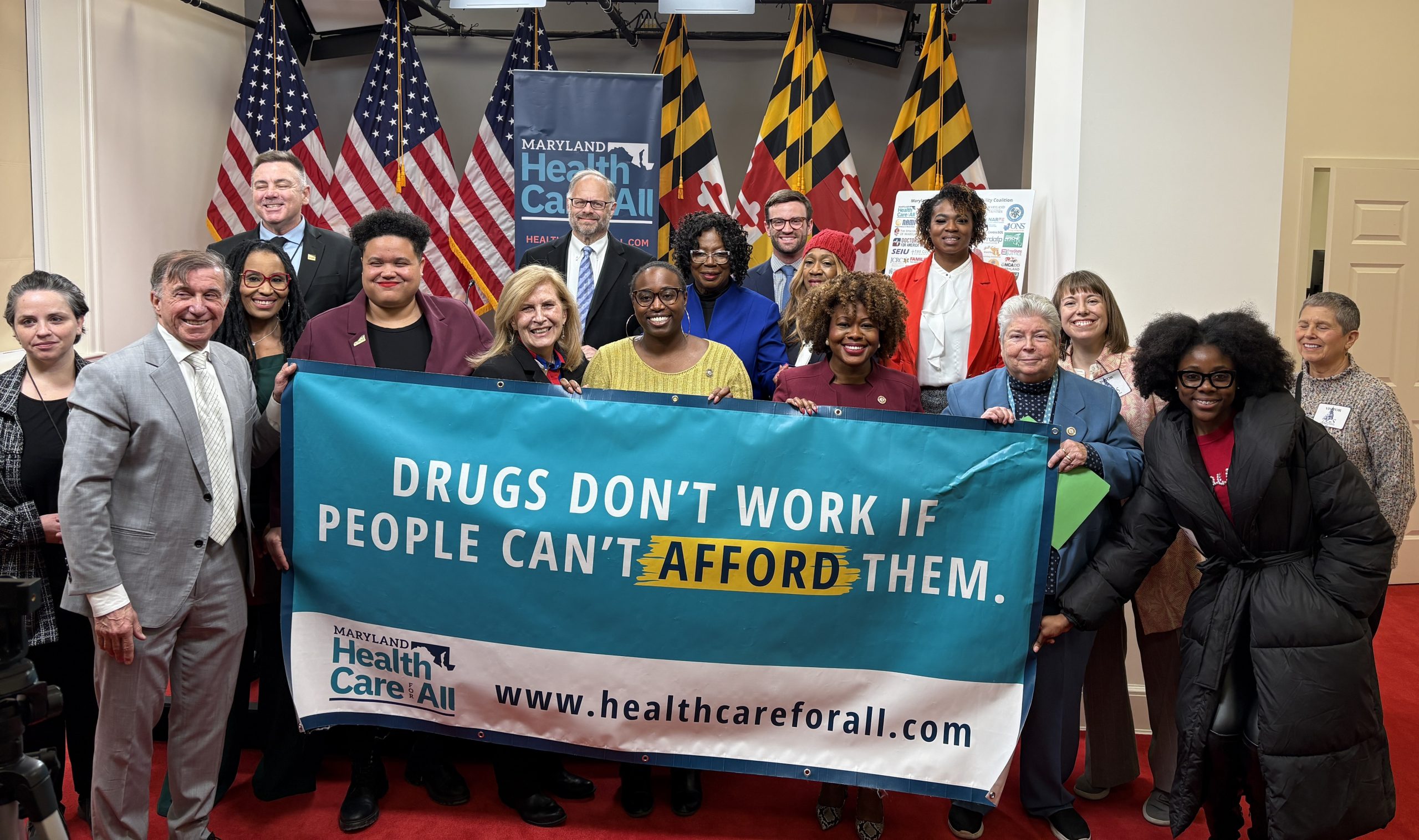The Daily Record
Posted: 1:18 pm
Mon, September 12, 2011
By Associated Press
ANNAPOLIS — Maryland raised roughly $6 million in added revenue in July from a 50 percent increase in the state’s sales tax on alcohol, a state official said Monday.
If the revenue raised in July turns out to be the monthly average, it would add up to about $72 million in extra state revenue a year. Initial estimates projected the tax would raise roughly $85 million a year.
But David Roose, director of the Maryland Bureau of Revenue Estimates, said it’s too hard to tell from the first month of a new tax how much will be raised on an annual basis.
“It’s the first month of a new tax so all sorts of things could have happened, and we are trying not to draw too many conclusions from that number,” Roose said. “People may have stocked up in June knowing that the tax was coming.”
It’s also unclear whether some retailers may not have remitted the full amount of the tax in the first month of implementation, Roose said, and seasonal factors can play a role on alcohol sales.
Roose said it’s going to take a few more months of collections before the state knows what the yearly increase in revenue will be.
“We’re certainly ending up with more revenue than we otherwise would have had,” Roose said.
Lawmakers approved the hike in the state’s sales tax on alcohol from 6 percent to 9 percent in the last legislative session. Maryland schools will get about $68 million in a one-time boost during the first year. About $15 million will help some 500 developmentally disabled residents get off a 5,000-person waiting list to receive community services.
It’s unclear exactly how future proceeds from the tax increase will be used as the state continues to grapple with budget deficits.
Effects of tax debated
A coalition of health care advocates who pushed for the increase says the tax will not only increase badly needed revenue for the state during tough times, but also reduce alcohol consumption and have a positive impact on health.
David Jernigan, an associate professor at the Johns Hopkins School of Public Health who worked with supporters to show lawmakers the positive impact of a sales tax increase, said the short-term effects of the change should wear off in the first three months. He also noted that December is a big month for alcohol sales, because of the holidays and New Year’s.
“And, of course, if the tax brings in a bit less money than anticipated, that is likely because people are drinking even less than we anticipated as a result of the tax increase, which in turn will mean that the public health gains from that reduced consumption will be greater,” Jernigan said in an email.
But Sarah Longwell, managing director of The American Beverage Institute, said the higher price for alcoholic drinks will drive down consumption and hurt businesses. She also described the tax as a regressive one that hits lower-income people the hardest.
“Every time there is an increase in the tax you see a reduction in consumption, and it absolutely has a negative impact on the hospitality industry,” said Longwell, whose organization represents more than 130 Maryland restaurants.
Before the July increase, Maryland had last raised beer and wine taxes in 1972. Taxes on distilled spirits had not been raised since 1955. Critics of the legislation have said it’s a terrible time to raise taxes while the state continues to work its way out of the recession, but supporters have contended the increase was long overdue.
Last modified: September 13, 2011


